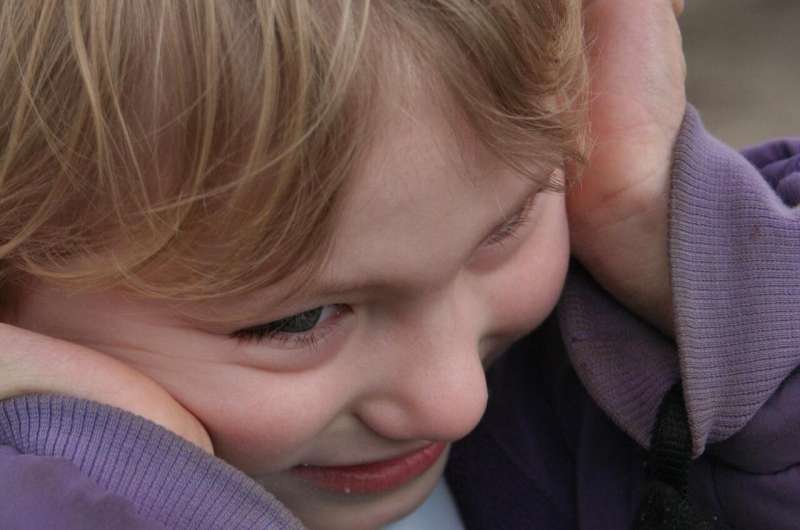Thousands of people with autism join new online genetic study

Autism has a strong genetic component. To date, approximately 50 genes have been identified that almost certainly play a role in autism, and researchers estimate that at least an additional 300 are involved. But to identify all the genes at play, many more genetic samples are needed from those with autism and their immediate families.
That's where SPARK comes in. SPARK is an online scientific study and community of individuals with autism and their families. Launched just a year ago, JFK Partners and Children's Hospital Colorado in Aurora, CO have partnered with SPARK in enrolling over 1,168 people, 400 of whom have autism.
SPARK's goals are twofold: first, to identify the hundreds of autism genes at play and to link them to the biological mechanisms that they govern, as well as to any environmental factors to which participants with autism may have been exposed. Researchers can better understand the condition's causes by linking specific identified genes to the diverse array of symptoms, skills and challenges of those affected. Second, it seeks to connect these individuals and families to research opportunities that advance the understanding of autism.
Why genes? And why 50,000?
It is estimated that it will take 50,000 genetic profiles of people with autism to identify a large percentage of the genetic factors contributing to autism. SPARK principal investigator Dr. Wendy Chung says, "Statistically, if we succeed in working with 50,000 participants on the autism spectrum, we will be able to identify at least 250 genes that contribute to autism that can be used to better understand how the brain is different in individuals with autism and potentially identify targets to develop medications that can be used to support individuals with autism."
In a genetic study of this scope, it is important to collect not only DNA from the person with autism but also that of both of his/her biological parents (a 'trio'). The study currently has 17,840 people with autism enrolled, but only 6,979 of them are members of trios. Trios enable scientists to identify whether an autism gene was passed down from a parent or 'sprung up' in a different way.
"SPARK empowers researchers to make new discoveries that may ultimately lead to the development of new supports and treatments to improve lives, which makes it one of the most insightful research endeavors to date, in addition to being the largest genetic research initiative in the U.S.," says Sandra L. Friedman, MD, director of Developmental Pediatrics at Children's Hospital Colorado and JFK Partners.
Through the project's website and on social media, participating individuals and families have begun to express enthusiasm for all that SPARK makes possible:
"I wanted to participate in the SPARK study because my son was diagnosed with autism 10 years ago, and I am interested in everything that has to do with the subject. If my family and I can help by participating to help advance (autism) research, then we are happy to do so," said Ana Aguilar, SPARK participant.
More information: Anyone interested in learning more about SPARK or in participating may visit: sparkforautism.org/JFKPartners


















